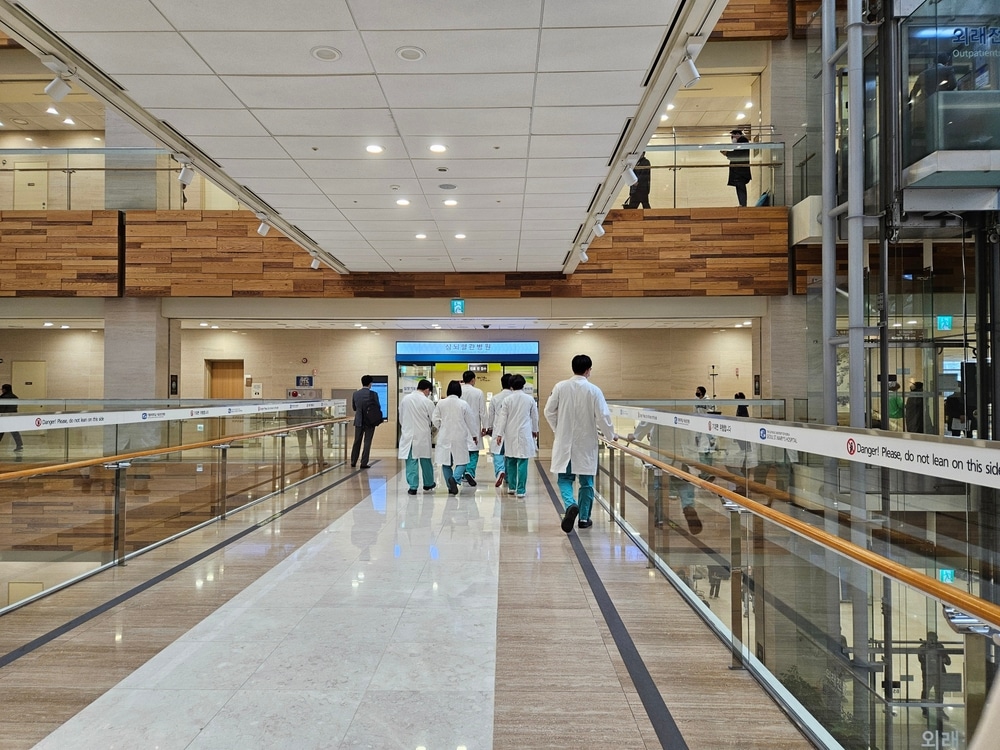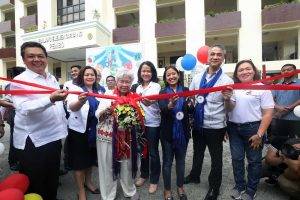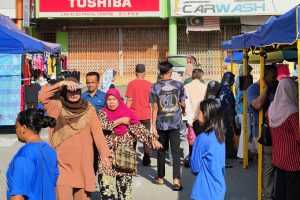The Wave of Resignations
In an unprecedented move, senior doctors in South Korea are submitting their resignations en masse, marking a critical juncture in the healthcare crisis. This wave of resignations underlines a deepening dispute over the government’s plans to significantly increase medical school admissions—a policy intended to address the physician shortage but met with fierce opposition from the medical community. This stand-off not only highlights the challenges of healthcare policy in the face of demographic changes but also raises questions about the future of medical services in South Korea.
Why Senior Doctors in South Korea Are Resigning Over Admission Plans
At the core of the uproar among healthcare professionals in South Korea is the government’s contentious proposal to significantly hike the number of admissions to medical schools. Aimed at combating the acute shortage of medical practitioners amidst an ageing population, this policy is seen by many in the medical field as a potential detriment to the quality of medical education and healthcare service delivery. Critics, backed by findings in scholarly articles, argue that the solution to the doctor shortage should not solely focus on increasing student numbers but also on enhancing the quality of medical training and ensuring equitable distribution of healthcare services across the country.
Government’s Rationale Behind Expanding Medical Admissions
The South Korean government’s push to increase medical school admissions by two-thirds is driven by a pressing need to address the nation’s healthcare challenges. With one of the lowest doctor-to-population ratios in the OECD and a rapidly ageing demographic, the policy aims to bolster the medical workforce to meet the escalating demand for healthcare services.
The government argues that without a significant increase in the number of medical professionals, South Korea will face severe shortages, particularly in rural areas and in specialties critical to elderly care. This move is seen as essential to ensuring sustainable healthcare for South Korea’s future, aiming to close the gap in medical service provision and tackle the looming crisis of healthcare accessibility and quality.
Medical Community’s Response and Concerns
The proposal to expand medical school admissions has raised concerns among South Korea’s senior doctors, leading to resignations. They worry about the impact on medical education quality and healthcare standards. Senior doctors fear that too many students, without more facilities and faculty, could lower education quality. This might lead to underprepared graduates.
They also fear the policy won’t address healthcare disparities, worsening urban-rural imbalances. The mass resignations aim to highlight the need to rethink the policy. They want it to reflect the long-term needs of the medical field and public health.
Historical Context of Medical Workforce Challenges in South Korea
The roots of South Korea’s medical workforce shortage stretch back decades, intertwined with rapid economic development, urbanisation, and demographic shifts. Initially, the focus was on increasing the quantity of healthcare facilities and professionals to match the pace of urban growth and an expanding economy.
As South Korea grew into a developed economy, the focus shifted. It moved towards improving medical care quality and fixing resource distribution. Yet, rural areas and some specialties still face shortages. An ageing population needing complex care worsens this. The proposal to increase medical school admissions is the latest effort to address these issues. It shows the urgency in adapting the healthcare workforce for the nation’s changing needs.
Global Perspectives on Medical Workforce Expansion
Comparing South Korea’s strategy with others highlights diverse approaches to medical workforce challenges. Countries like Australia and Canada have set up targeted programs. These encourage medical graduates to work in rural and underserved areas. They offer financial incentives, loan forgiveness, and rural training pathways.
On the other hand, the United Kingdom has increased the flexibility of medical training. It promotes diverse entry pathways into medicine. This broadens the potential base of medical students. These global examples show that increasing student numbers is common. Yet, success depends on policies that address education quality, doctor distribution, and support for underserved areas. South Korea’s impasse is a chance to learn from these experiences. It could lead to a more nuanced, holistic approach to healthcare workforce development.
Future Implications for South Korea’s Healthcare
The ongoing dispute between the government and the medical community over medical school admissions casts a long shadow over the future of healthcare in South Korea. Beyond the immediate impact of the resignations, there are concerns about the long-term effects on hospital operations, patient care, and the overall quality of healthcare services. This standoff highlights the need for a balanced approach that addresses the shortage of medical professionals while maintaining high standards of medical education and healthcare service delivery.
A potential path forward involves collaborative dialogue between the government, medical professionals, and educational institutions to develop a comprehensive strategy. This strategy could focus on increasing medical school admissions sustainably, improving medical training facilities, and ensuring adequate faculty numbers. Moreover, it is crucial to devise mechanisms that encourage medical graduates to practise in underserved areas and in specialities that are critical to public health. Only through a collective effort can South Korea navigate this complex issue and secure a healthcare system that is robust, equitable, and prepared to meet the future health needs of its population.
References
Kim, H. J. (2024, March 25). South Korea protests: Senior doctors submit resignations in support of strikes | AP News. AP News. https://apnews.com/article/south-korea-doctors-strike-af7f3170f8df747066b1d14b9883fb25













